You're welcome. =)
I think it's dead, Jim.
7 years ago
"Don't travel futilely to other dusty lands, forsaking your own sitting place. If you mistake the first step, you will stumble immediately."
But then I thought some more: about neighbors who move, friendships that naturally fade, boyfriends you grow out of, even marriages that end. And then I remembered impermanence, and the fact that all relationships are temporary- in the same way that people are temporary. It isn't the commitment that makes a relationship permanent, there isn't anything that makes a relationship permanent, it could end (or begin) at any second.I've had so many relationships disappear or change, from an early age, that I can't say as I ever much thought of them as permanent. I once spent three years in a very healthy, affectionate dating relationship that worked well for us both, but we acknowledged from the beginning was not going to be a permanent thing: we are both marvelous human beings, but we'd both experienced that certain spark that we knew was missing between us, and we knew we wanted it eventually. We did what Shannon describes:
It's a scary proposition to make and I think it's going to require really being present when I'm with the person and then just letting that be all it is.It was a very pure relationship, in a way, because we were in it only for that transient time, however long it was. It was explicit that (a) we were seeing each other for only as long as it worked for both of us, and (b) that time would end in the kind-of-forseeable future. Whatever it lacked that we wanted, it also lacked complacency, and we did a pretty good job of paying attention to and appreciating everything we did together. It would end when it ended, and we were there to enjoy each other's company right then, without planning for the future, and knowing that while we'd probably get some warning that the relationship had stopped working for us (and we did, eventually), it could end more or less any time.
sounds like steve jobs' death has made many people rethink their devotion to burning out: codinghorror.com/blog/2012/02/f...
-- Robey Pointer (@robey) February 7, 2012


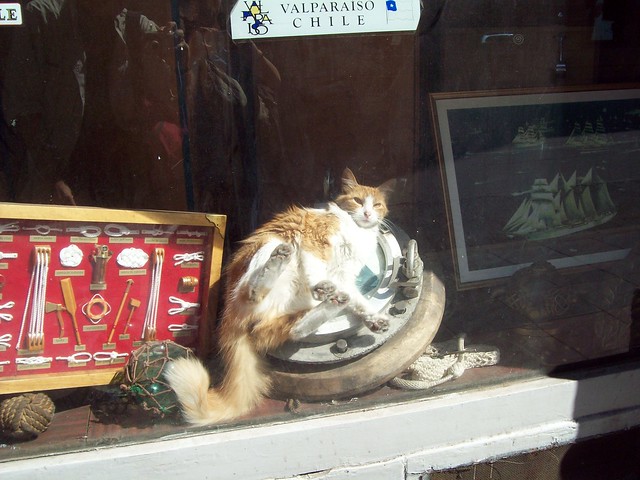





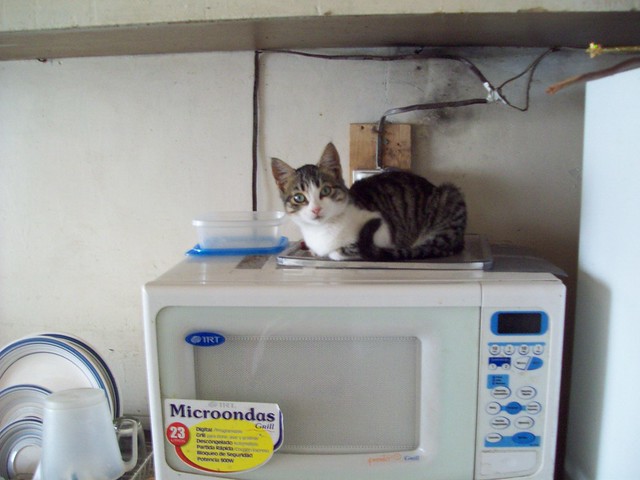


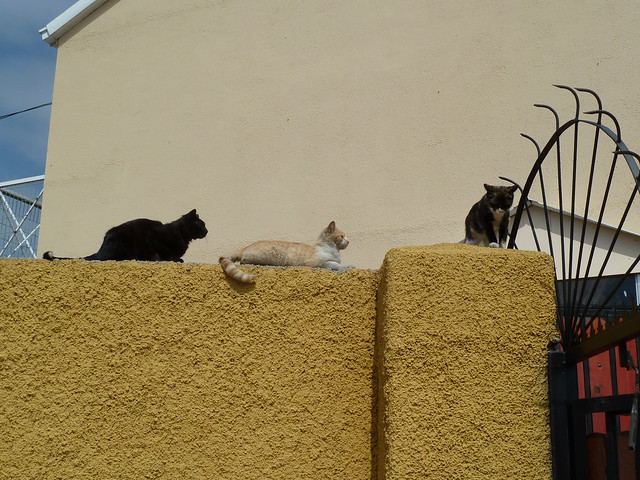
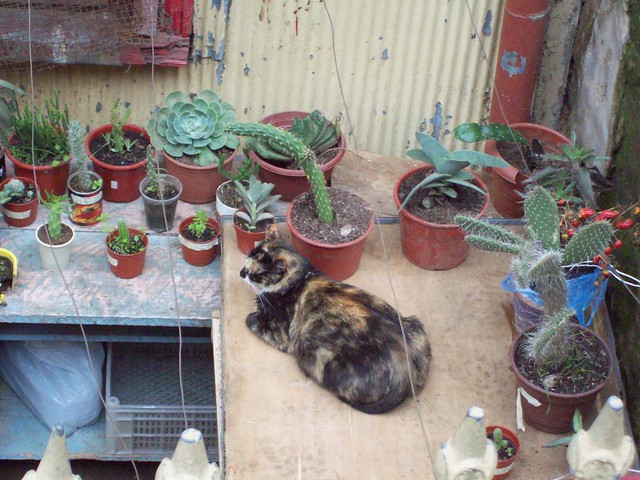
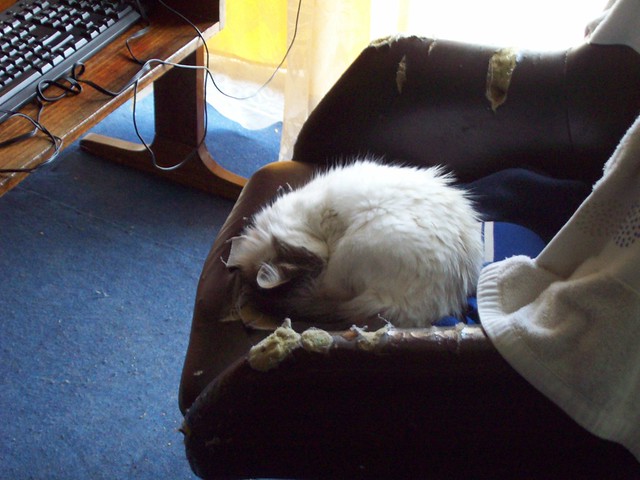

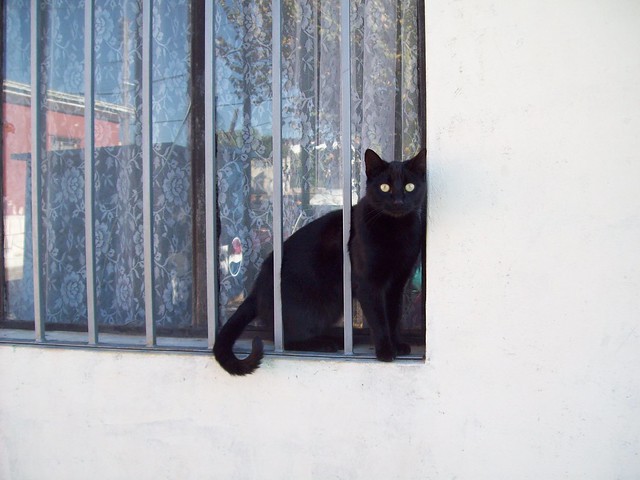



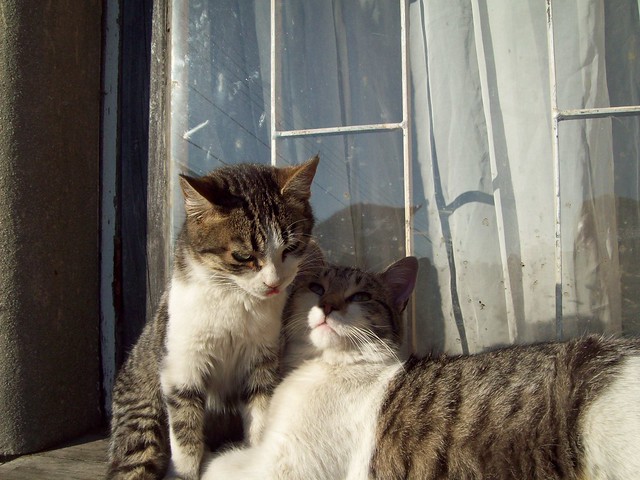



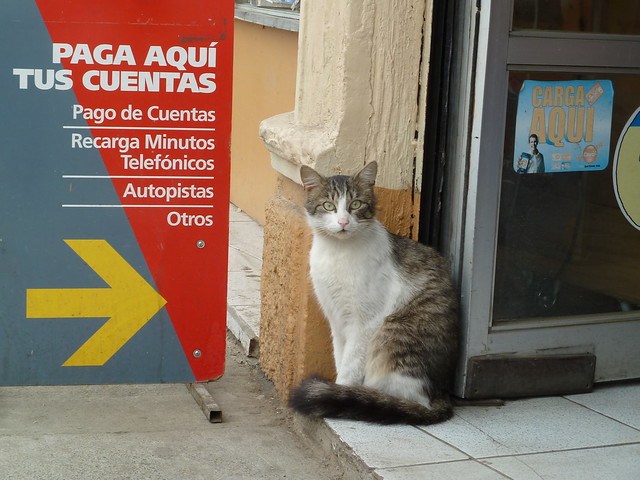
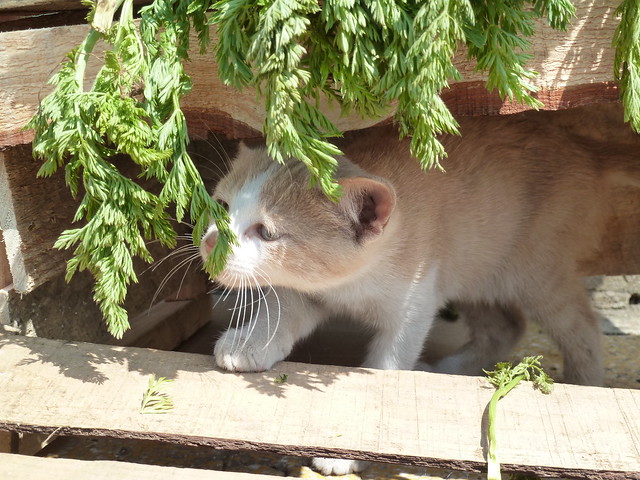





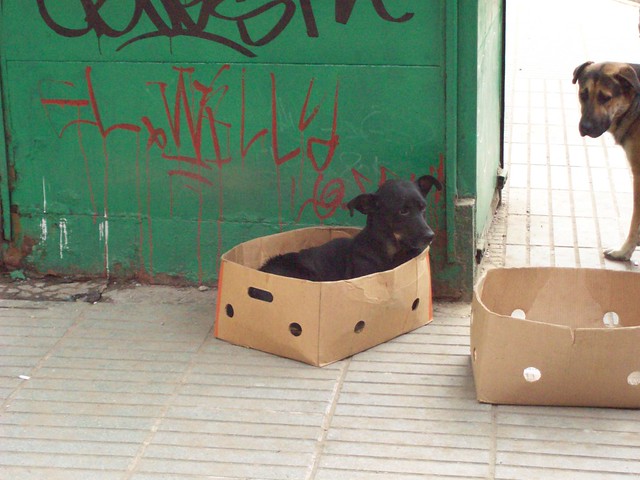







There is only one thing in life worse than being talked about, and that is not being talked about.I had a nice 5-10 minutes of zazen this morning before my brain filled up with work stuff. I find the breadth of concerns to be sort of breathtaking: my friend Jess, who decided to join the team a week or so before my promotion was announced, wonders if I'm not trying to do too much. I wonder, too: I'm doing design/architecture, long-term planning, relationships with other parts of the company, continuing to do some hands-on engineering work, and helping the team members grow and work on stuff that's challenging and interesting. A lot of that is at an extra level of intensity right now because we're working our way out of a long-term period of crisis; but by and large, all of that stuff is my job. The only part that's specific to me is the design and architecture aspect, but even if that weren't my background and skillset, those things are what team leads are supposed to do at my company. If the team lead doesn't do them, as happens for various reasons of personnel and habit, someone else does, often unsatisfactorily. If you let the product managers define the team's direction, I think the team quite rightly feels pushed in an artificial way, by an entity who can't directly respond to their everyday concerns (some technical, some not).
-- Oscar Wilde